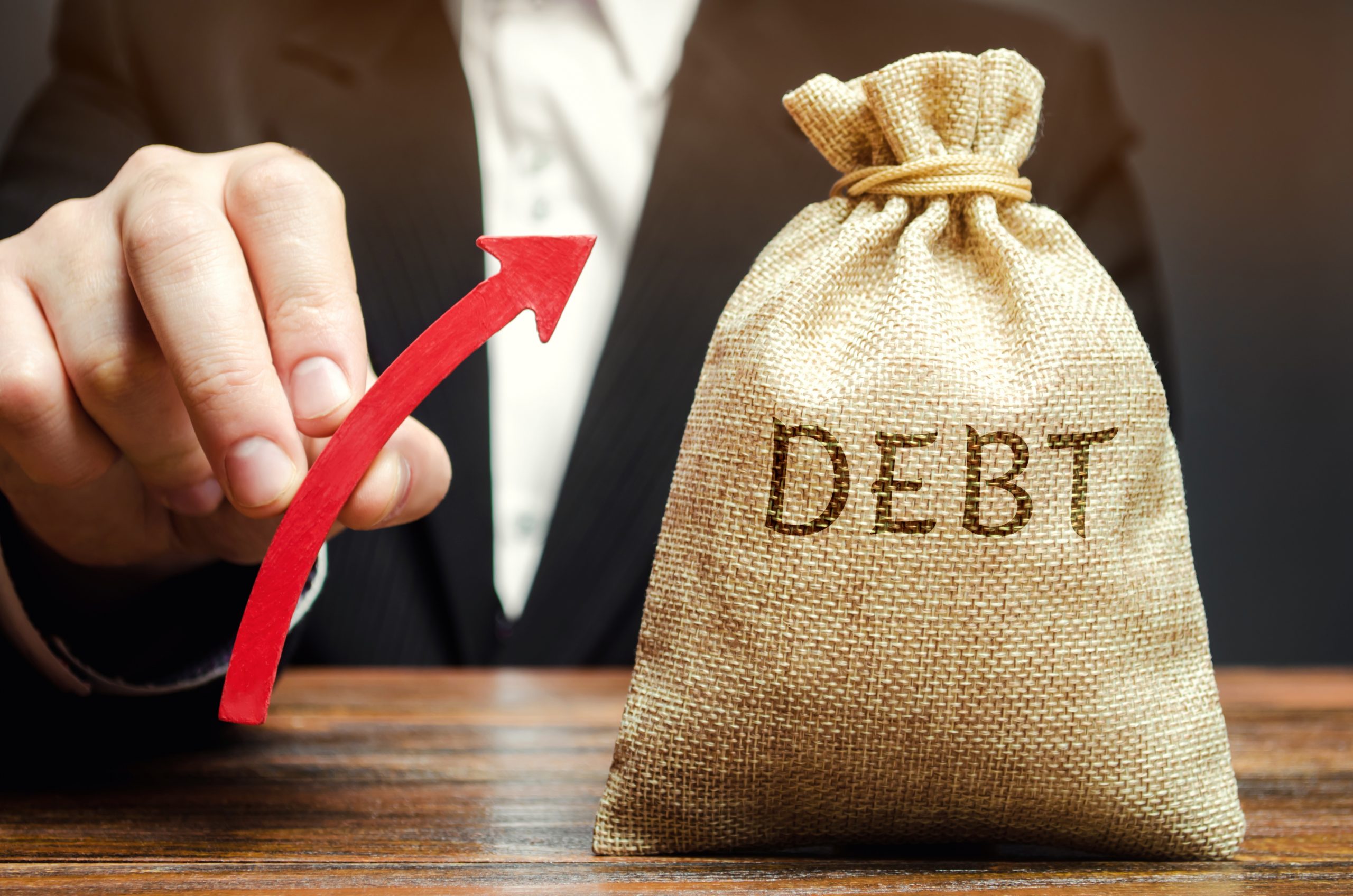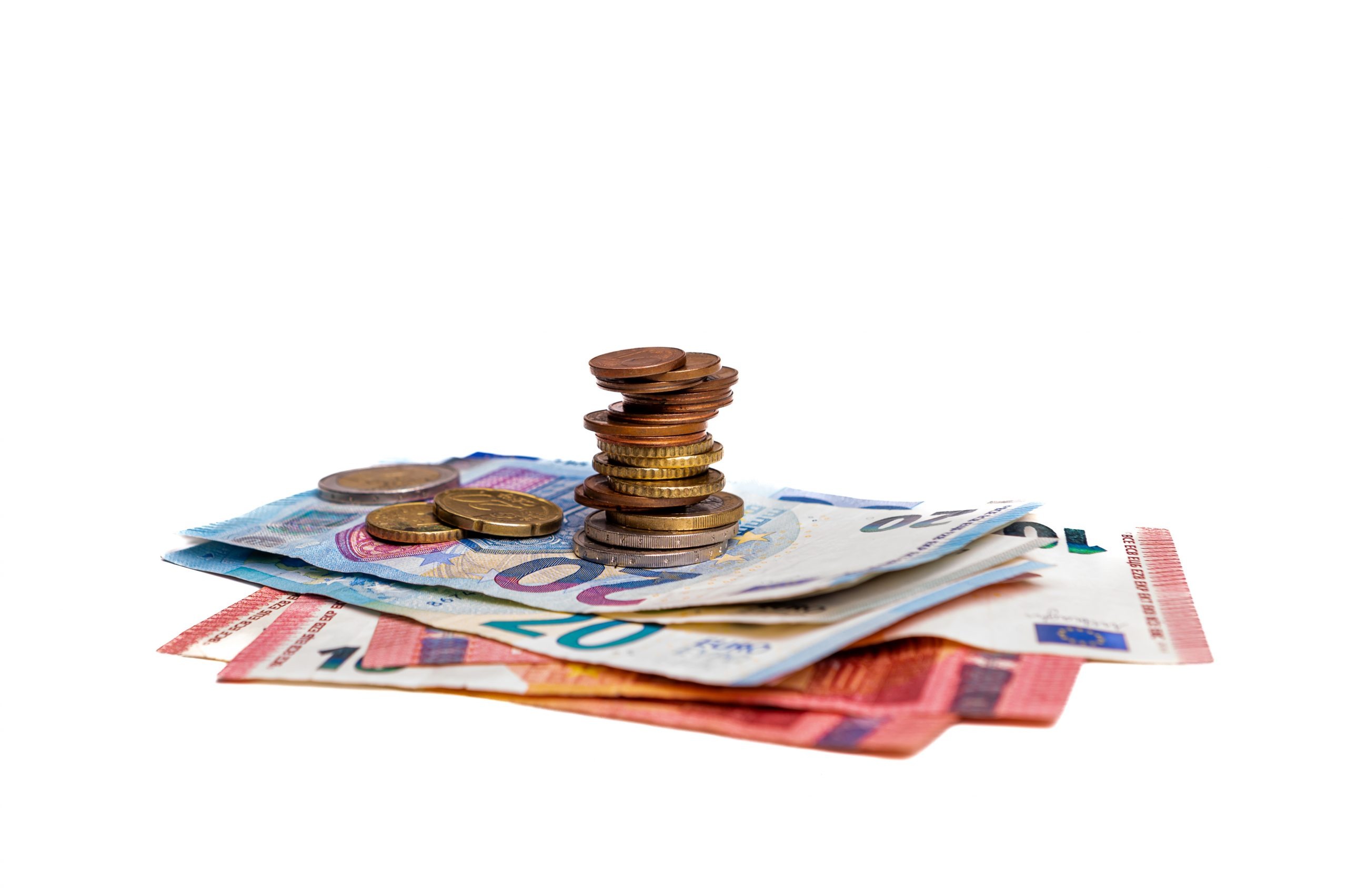BANK
AFRICA – 205 Global Civil Society Organizations Behind Senegalese President Macky Sall for Debt Cancellation in African Countries

The President of the Republic of Senegal, Macky Sall, called in April 2020 for the cancellation of the debt of African countries mainly because of the pandemic that has weakened the entire economy of African countries. It now has the support of more than 200 global civil society organizations. Even the Vatican has decided to enter into this struggle for, he says, “the interests of all the countries of the world”. The Secretary General of Caritas Africa, the Symposium of the Episcopal Conferences of Africa and Madagascar (SCEAM), Fr Akaabiam, justified this demand for the cancellation of the debt of poor countries by the geostrategic position of Africa and its impact on the world market. ” If Africa lives in debt, everyone will live in debt. If Africa is doing well, everyone is doing well,” he said.
The Head of State of Senegal, Macky Sall, will not be alone in this fight for the cancellation of the debt of African countries economically affected by the negative impacts of Covid-19. Now he’s got a lot of support, More than 200 Global Civil Society Organizations have come together to call for an end to this debt that is stifling the economies of the African countries and slowing growth at all levels of development.
According to the latest International Monetary Fund (IMF) statistics, the ten African countries with the highest debt ratio at the beginning of 2020 are: Sudan, with a public debt equivalent to 207% of GDP, Eritrea (165.1%), Cape Verde (123.5%), Mozambique (108.8%), Angola (95.0%), Zambia (91.6%), Egypt (84.9%), The Gambia (80.9%), Mauritania (78.5%) and the Republic of Congo (or Congo-Brazzaville, 78.5%). Senegal, for its part, has a total public debt estimated at 9,176.3 billion FCFA (€13.764 billion) in 2020, according to the economic and financial report annexed to the 2021 Finance Act and drawn up by the Ministry of Finance and Budget.
Senegalese President Macky Sall is convinced that the debt of African countries is nothing compared to the world debt. Therefore, it believes that its final cancellation should not have a very significant impact on the resources of the IMF or the World Bank. “With an estimated amount of 365 billion dollars, African debt ultimately represents only 2% of the global debt”, said the Senegalese Head of State on the sidelines of the opening ceremony of the 20th edition of the International Economic Forum on Africa, held in videoconference on Monday, February 22, 2021.
In 2020, the IMF provided emergency aid in the form of donations to 25 countries on the African continent in order to support them in the fight against Covid-19. Moreover, the debt of these countries in question had been reviewed except for Senegal, which nevertheless openly made the request for cancellation. Indeed, in April 2020, when Senegal was in the midst of a coronavirus crisis, President Macky Sall felt it necessary to call for the cancellation of the debt, the payment of which could lead many developing countries to the brink of a precipice. “Africa, like the world, is seriously affected by the Covid-19 pandemic, which will have a lasting impact on its economy. I call on our bilateral and multilateral partners to support the resilience of the African continent by cancelling the debt,” he said.
BANK
BAD: Mauritanian Sidi Ould Tah takes the reins of the institution

Mauritania is in the spotlight. On Thursday, May 29, 2025, Sidi Ould Tah was elected president of the African Development Bank (AfDB), at the annual meeting of the institution held in Abidjan. He succeeds Akinwumi Adesina of Nigeria, in office since 2015.
His election came after a hard-fought duel against Samuel Munzele Maimbo of Zambia, who finished in second place. The election, which was marked by major geopolitical and economic issues, took place against a background of high expectations regarding governance and development financing on the continent.
The Senegalese Amadou Hott, long perceived as one of the favorites, finishes in third place, followed by the South African Bajabulile Swazi Tshabalala. Despite significant diplomatic support, notably for Hott, the momentum in favour of Sidi Ould Tah has prevailed in the last few rounds.
Former minister and general manager of the Arab Bank for Economic Development in Africa (BADEA), Sidi Ould Tah is recognized for his experience and strategic vision. He will officially take office on 1 September 2025.
Photo credit: Forbes Africa
BANK
SENEGAL – 511.3 billion CFA francs in savings and 677 billion CFA francs in loans granted in 2022 in microfinance

The Senegalese Minister of Microfinance and Social and Solidarity Economy chaired, this Thursday, July 27, 2023, the 27th meeting of the National Committee for the Coordination of Microfinance Activities. Victorine Ndeye reported that microfinance affects 22% of the population with 511, 3 billion CFA francs in savings and 677, billion CFA francs in loans granted in 2022.
The 27th edition of the National Coordination Committee for Microfinance Activities was held on Friday.
According to the Minister of Microfinance and Social and Solidarity Economy, Victorine Ndeye, microfinance plays a crucial role in financial inclusion by providing accessible financial services to low-income populations and small entrepreneurs. It is a powerful tool to reduce poverty, create jobs, support local entrepreneurship and promote the economic empowerment of women and youth,” she says. “In 2022, microfinance expanded with a total of 296 institutions with 995 points of service across the country. Today 4,034,538 accounts remain active and Microfinance reaches 22% of the population, with 511.3 billion in savings and 617.3 billion in loans granted”. The minister indicates that his department is aware that we must reinvent to meet the new requirements and needs of a more vulnerable population in times of major crises that our country is going through in the face of exogenous shocks related to the Covid pandemic 19 and the Ukrainian crisis. “We intend to strengthen the synergy of microfinance actors, the government, technical and financial partners and microfinance institutions to meet the challenges we face. We must continue to promote financial stability, inclusion and transparency in the sector, but we must also address universal access to financial services through a better perception of the sector,’ she said. In his view, this requires a target-based approach, better risk management and strong governance. We also need to encourage innovation in the microfinance sector. Emerging financial technologies, such as mobile banking, innovative financing and our proven savings and credit models, offer real opportunities to expand access to financial services,’ she says. It is their responsibility to ensure that these innovations benefit everyone, including the most vulnerable and the most remote. ‘ We will continue to work towards a favourable regulatory environment that encourages investment, diversification of offerings and the expansion of microfinance institutions,’ she says.
BANK
WAEMU AREA – Growth of 5.4% of Gdp over one year

Economic activity in WAEMU remained buoyant in the first quarter of 2023, with a 5.4% increase in GDP over one year, after 5.3% in the previous quarter.
According to the information provided by BCEAO, the business climate indicator, which synthesizes the views of business leaders, remained above its long-term trend at 101.1 percentage points. This development reflects the continuing confidence of business managers in the favourable economic outlook. The growth gain, which is an indication of the minimum level of growth that would be achieved by the end of the year, is estimated at 3.4% in the first quarter of 2023,” the BCEAO informs.
The growth of Gdp in volume terms in the Union is the result of the continued good orientation of economic activity, particularly in the secondary and tertiary sectors. The contribution of the secondary sector increased from 0.6 percentage points (pdp) in Q4 2022 to 0.7 PDP in the quarter under review.
The contribution to growth in the tertiary sector was 3.4 pdp in the first quarter of 2023 compared to 3.3 pdp in the previous quarter. In contrast, the primary sector contribution edged down to 1.3 PDP in Q1 2023 from 1.4 PDP in Q4 2022.




